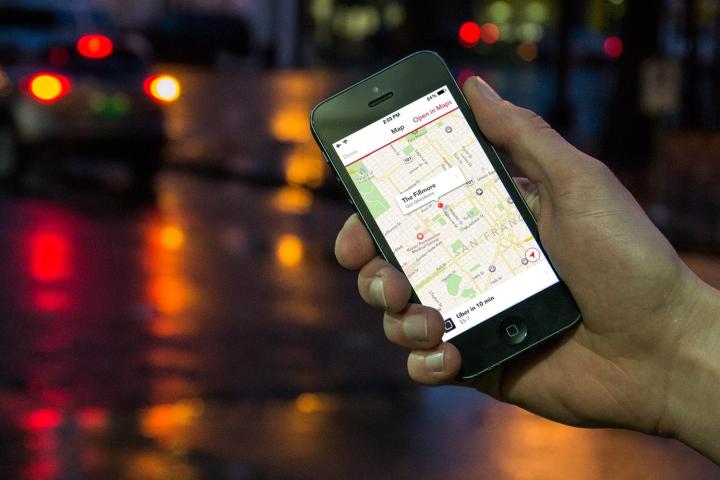
Smartphone-centric taxi cab service Uber has flourish in recent years, spawning a host of similar services in the process. Competition in this marketplace is fierce — and today we’re seeing the lengths that the company’s competitors will go to in search of a foothold.
In February Uber announced that a hack carried out in 2014 might have exposed the personal information of up to 50,000 drivers. At the time, the company simply stated that this breach was carried out by an “unauthorized third party.” A new Uber investigation into the hack has turned up an IP address that had access to a security key that was used in the breach, according to a report from Reuters — and here’s where things take a turn toward the world of corporate espionage.
That IP address has been linked to Chris Lambert. the chief technical officer of Uber rival Lyft, Reuters said, citing anonymous sources. In response to these claims, a spokesman for Lyft told Digital Trends it flatly denies any involvement on the part of the company or Lambert.
“Uber allowed login credentials for their driver database to be publicly accessible on GitHub for months before and after a data breach in May 2014. We investigated this matter long ago and there are no facts or evidence that any Lyft employee, including Chris, downloaded the Uber driver information or database, or had anything to do with Uber’s May 2014 data breach.”
The Reuters report doesn’t actually suggest that Lambert carried out the attack; only that further investigation into Lambert’s access could uncover the guilty party. That being said, there’s a certain level of intrigue with the CTO of a rival company being implicated in this manner.
Uber’s investigation into the breach — not to mention the legal proceedings happening as a result — are ongoing. It remains to be seen whether this issue is a squabble between two organizations attempting to corner the same market, or a legitimate case of wrongdoing on the part of Lyft.


